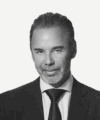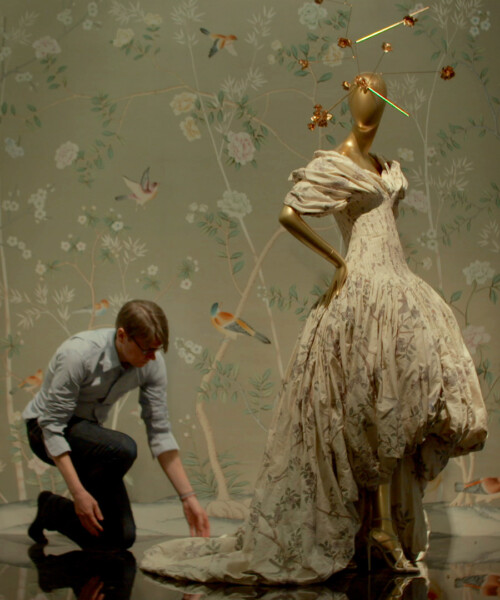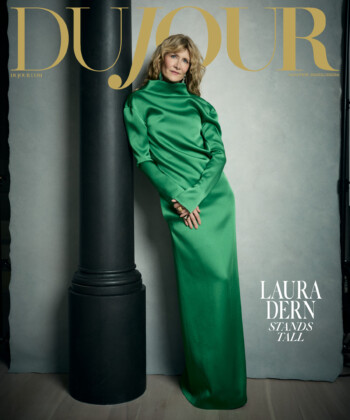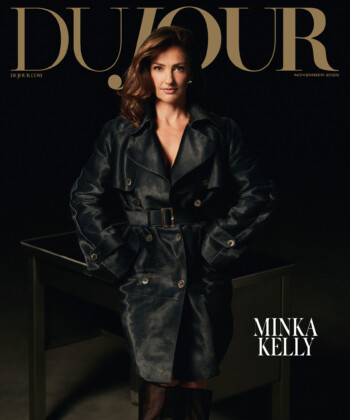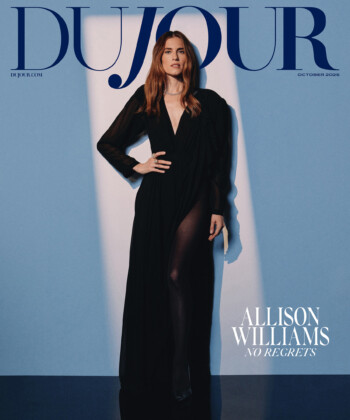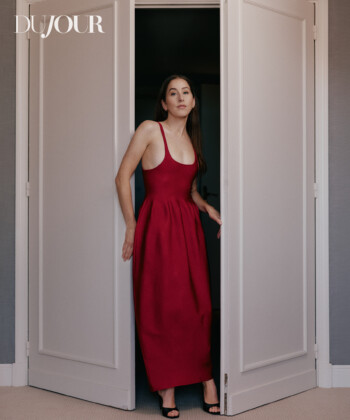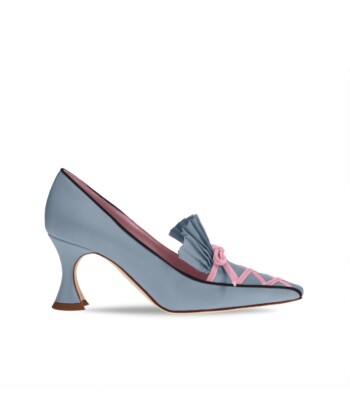In his new documentary, The First Monday in May, filmmaker Andrew Rossi—you know him from his 2011 film Page One: Inside the New York Times—takes on another one of New York City’s most complicated and fascinating institutions: The Metropolitan Museum. Specifically its Costume Institute and the star-studded annual benefit gala held each spring.
Here, Rossi speaks with DuJour about getting access to the famously private museum (and party), working on the project for over a year and the most surprising thing he discovered in the process.
You’ve made a documentary about one of the most exclusive events in the world. Most people wouldn’t even dream of scoring an invitation; how did you convince them to let you inside with cameras?
I was fortunate in that there was enthusiasm about having a film being about the work of the Costume Institute. Andrew Bolton, who is in many ways the hero of the film, was very generous with his time and inviting me into the process. Filming in the museum was a challenge because there are these priceless works of art that are all around, and they have very strict rules about the ways the filming can take place, so there was sort of a dialogue in how we could work around those rules in order to still create a portrait of the work that goes on in the museum, but also respect the art. It was a challenge.
Was the challenge part of what made you interested in making this film?
I was very drawn to the possibility of filming at the Metropolitan Museum. Many of the films that I have worked on in the past have given viewers an opportunity to go behind the scenes of great institutions and to find individuals who kind of humanize the place and give a window into why we care about them so much. In terms of Andrew Bolton, there’s a great view of the work that the museum does in preserving the art and in elevating things that maybe we wouldn’t otherwise have as deep an understanding of. And so, in that way I think it’s sort of falls into a broader interest I have and kind of looking at questioning institutions and ideas that we take for granted and understanding them more deeply. In the same vein, being able to film with [Vogue editor and Met Gala chief] Anna Wintour and penetrate the mythology that surrounds her was also very appealing.
The film follows the Costume Institute’s China Through The Looking Glass exhibition from inception to opening. How long were you working on the project?
We started talking about it in the spring of 2014, and we started shooting the earliest in the fall of 2014. And then things really sort of heated up in the spring of 2015 and we wrapped shooting for the primary principle photography in that May. And then we were in the edit until the end of 2015. It wasn’t necessarily 24 hours a day, seven days a week, but I would say it was about a year in the making.
What was most surprising to you about what you uncovered?
Seeing Anna at work in a context where she’s such a strong advocate for Andrew Bolton, and seeing her genuine love of fashion as an art form and her belief in that work that Andrew is doing was revealing to me, because I feel like the popular notion of her is she’s more of a manager. Similarly, being able to look over Andrew’s shoulder for all of that time as he looks into this wild creativity of various fashion designers who are taking inspiration form Chinese culture was super interesting.
The film does show the peaks and valleys of what everyone involved with the exhibition experiences. There are good and bad moments. Did anything end up on the editing room floor?
The exhibition China Through the Looking Glass really dives into some fascinating conversations about orientalism and Asian archetypes. The fashion that Andrew was looking at had to be in dialogue with the original Asian artworks that are in the Asian galleries. The tension between the curators was something that we wanted to keep.
Having survived this, what’s next for you?
I’m developing a bunch of different things. I am actually producing a true crime show for HBO, which is totally different.





















